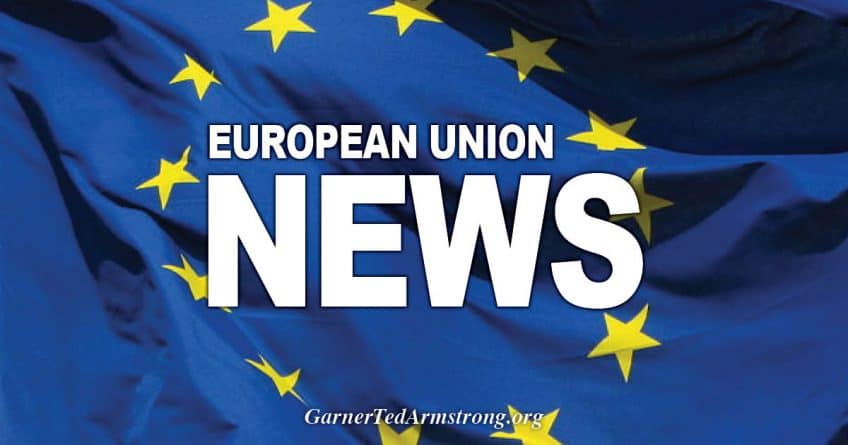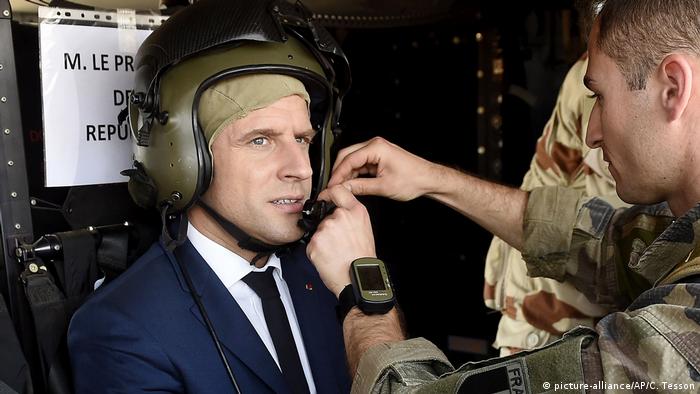France is leading a 10-country defense initiative in a bid to “face new threats” outside existing structures. Germany is wary that the project could entangle its military in foreign interventions and undermine the EU.
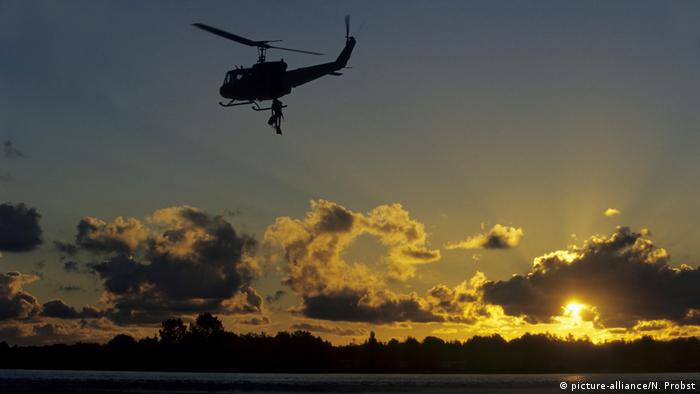
Defense ministers from 10 European countries gathered in Paris on Wednesday to set the agenda for the European Intervention Initiative (EI2), a defense coalition spearheaded by French President Emmanuel Macron.
“To face new threats, Europe needs a strong defense,” the French Defense Ministry said in a tweet after the meeting. “With the European Intervention Initiative, 10 European countries are committed to its protection.”
EI2’s goal is to create a results-based common strategic culture that allows for rapid response joint military operations, including in humanitarian efforts. As such, it is not aimed at establishing a supranational European army.
However, as an initiative outside EU and NATO frameworks, the French Defense Ministry has tried to alleviate concerns that it would undermine defense structures in the bloc and alliance.
“With the European Intervention Initiative, the whole European Union and the European pillar in NATO will also be strengthened,” it added.
Read more: Is Europe bold enough to counter US ambivalence?
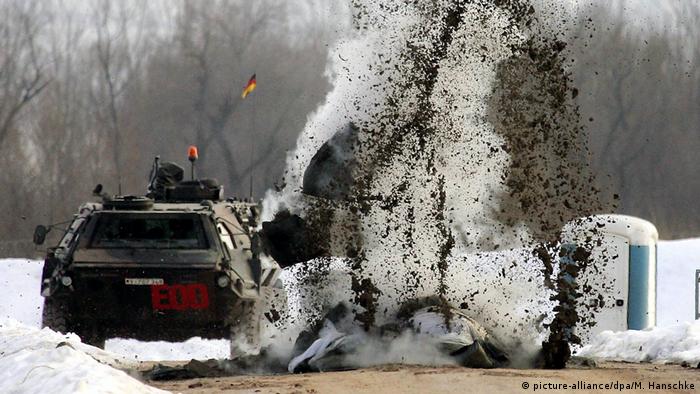
Germany’s role in NATO
West Germany officially joined the trans-Atlantic alliance in 1955. However, it wasn’t until after reunification in 1990 that the German government considered “out of area” missions led by NATO. From peacekeeping to deterrence, Germany’s Bundeswehr has since been deployed in several countries across the globe in defense of its allies.
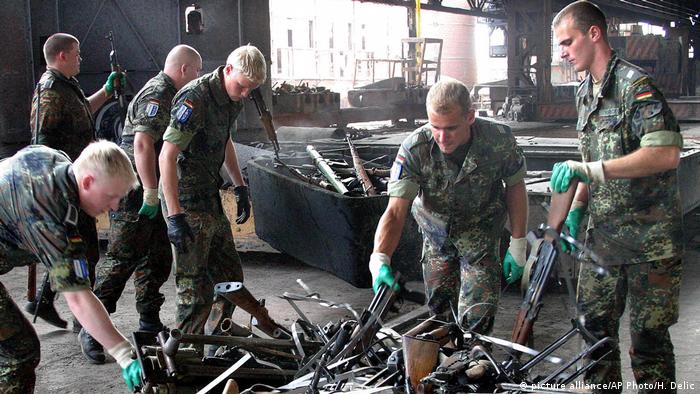
Bosnia: Germany’s first NATO mission
In 1995, Germany participated in its first “out of area” NATO mission as part of a UN-mandated peacekeeping mission in Bosnia and Herzegovina. During the deployment, German soldiers joined other NATO member forces to provide security in the wake of the Bosnian War. The peacekeeping mission included more than 60,000 troops from NATO’s member states and partners.
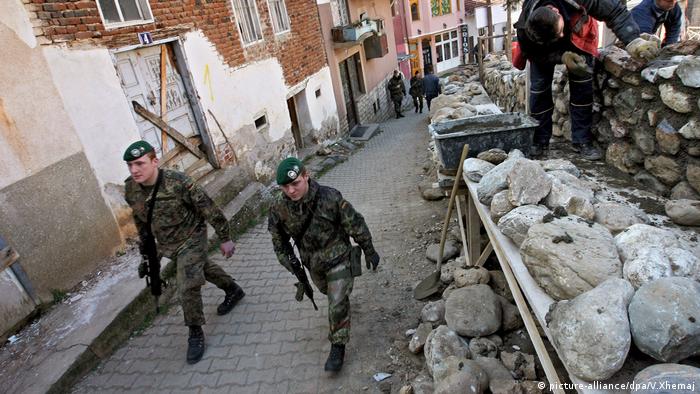
Keeping the peace in Kosovo
Since the beginning of the NATO-led peacekeeping mission in Kosovo, some 8,500 German soldiers have been deployed in the young country. In 1999, NATO launched an air assault against Serbian forces accused of carrying out a brutal crackdown against ethnic Albanian separatists and their civilian supporters. Approximately 550 Bundeswehr troops are still stationed in Kosovo.
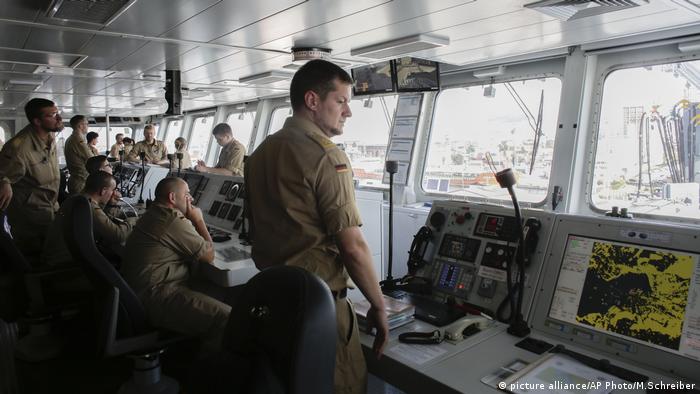
Patrolling the Aegean Sea
In 2016, Germany deployed its combat support ship “Bonn” to lead a NATO mission backed by the EU in the Aegean Sea. The mission included conducting “reconnaissance, monitoring and surveillance of illegal crossings” in Greek and Turkish territorial waters at the height of the migration crisis. Germany, Greece and Turkey had requested assistance from the trans-Atlantic alliance.
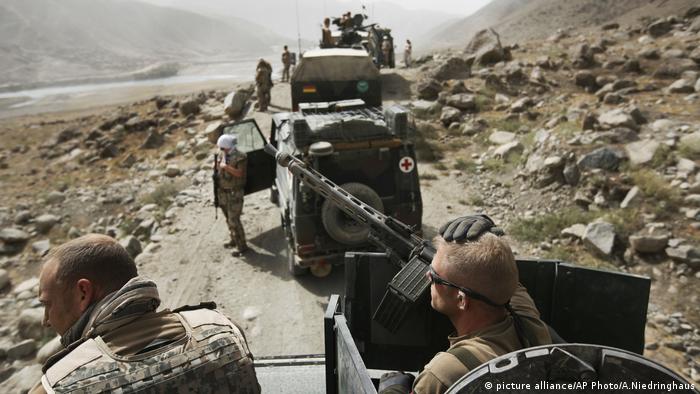
More than a decade in Afghanistan
In 2003, Germany’s parliament voted to send Bundeswehr troops to Afghanistan in support of the NATO-led International Security Assistance Force (ISAF). Germany became the third-largest contributor of troops and led the Regional Command North. More than 50 German troops were killed during the mission. Nearly a thousand soldiers are still deployed in Afghanistan as part of Resolute Support.
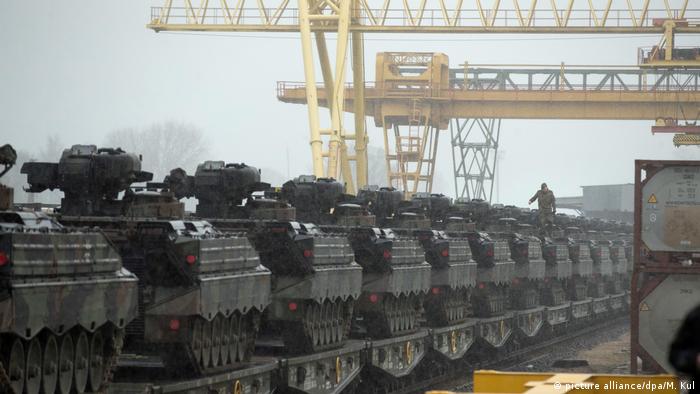
German tanks in Lithuania
Forming part of NATO’s “enhanced forward presence” in the Baltic states, 450 Bundeswehr soldiers have been deployed to Lithuania so far in 2017. The battalion-size battlegroups there are led by Germany, Canada, the UK and US to reinforce collective defense on the alliance’s eastern flank. It forms the “biggest reinforcement of Alliance collective defence in a generation,” according to NATO.
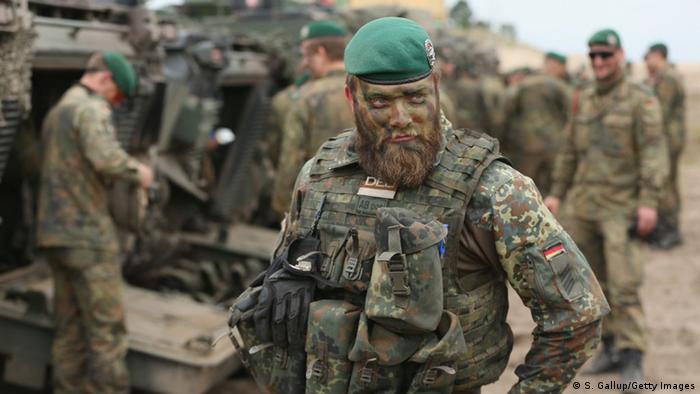
Taking over the leadership
The Bundeswehr is due to take over leadership of NATO’s multinational Very High Readiness Joint Task Force (VJTF) at the start of 2019. The rapid reaction force has been set up to counter potential Russian aggression on the alliance’s eastern flank.
Germany felt pressured’
But France’s efforts have done little to placate concerns in Berlin, which Paris sees as a pivotal actor in the initiative.
Claudia Major, senior international security associate at the Berlin-based German Institute for International and Security Affairs (SWP), told DW that German officials are wary because “it’s explicitly and deliberately organized and set up outside the European Union’s structures.”
“For the Germans, making a deliberate attempt to setting up something meaningful outside the EU’s structures — and outside NATO — is not seen as a positive move but rather as undermining the EU,” Major said.
“In the end, Germany felt pressured to agree and engage in the initiative, because otherwise all the talk about France and Germany being the engine of Europe and the heart of Europe, and driving European integration and cooperation forward, would look cheap, wouldn’t it?”
Read more: Changing Europe revives interest in an EU military
Fear of ‘military adventures’
Observers have suggested the initiative poses other challenges for Germany, especially in terms of possible military interventions abroad. Others have even highlighted that the French-led initiative could be used as a means to reinforce Paris’ foreign policy objectives.
“Berlin has watered down every French proposal for fear of being drawn into ill-considered military adventures in Africa,” Philipp Rotmann, associate director of the Global Public Policy Institute, told DW.
“But I haven’t heard any ambitious, practical proposals from Paris, either — so either the French were too timid in the face of German opposition, or they just hoped that everyone would sign up to taking over the French way of when and how to use military force.”
Due to Germany’s wartime past, the country’s armed forces, known as the Bundeswehr, must receive parliamentary approval for military operations on foreign soil. German officials are worried this could be muddied by elements of the initiative.
Bundeswehr sources have also pointed to France’s decision to disengage militarily in other areas, including Afghanistan and Kosovo, as a cautionary sign of the initiative’s purpose, according to the Reuters news agency.
Read more: How does Germany contribute to NATO?
Change on the horizon
Wednesday’s meeting came a day after Macron called for a “real European army” to be established as a means to wean Europe off of US defense guarantees, especially after US President Donald Trump threatened to moderate Washington’s commitment to the continent.
“We need a Europe which defends itself better alone, without just depending on the United States,” Macron said.
The initiative comprises Germany, the UK, Spain, the Netherlands, Belgium, Denmark, Estonia, Portugal, Finland and France. While dreams of a supranational European military force remain elusive, Macron’s vision for a flexible defense coalition may be just around the corner, even with a cautious Germany.
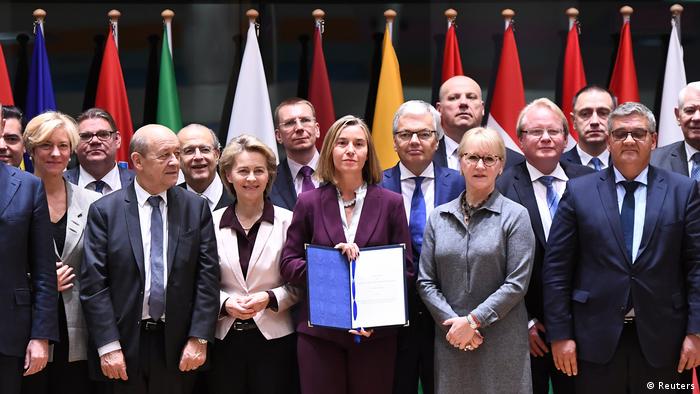
Union within a union
With 25 of the EU’s current 28 member states joining the Permanent Structured Cooperation (PESCO), there seems to be a great deal of consensus among member states but a few remain on the fence. The new defense union is expected to address immediate threats without having to rely on NATO for all of the EU’s defense needs.
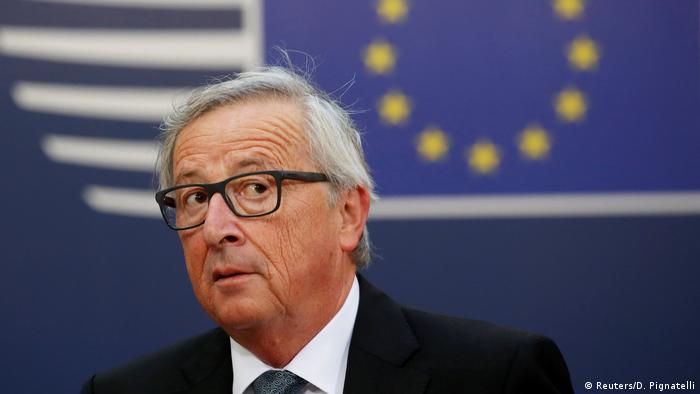
High expectations
European Commission President Jean-Claude Juncker had been campaining for PESCO for several years. He expects the new military pact to deliver a “European Security and Defence Union (which) will help protect our Union, which is exactly what EU citizens expect.”
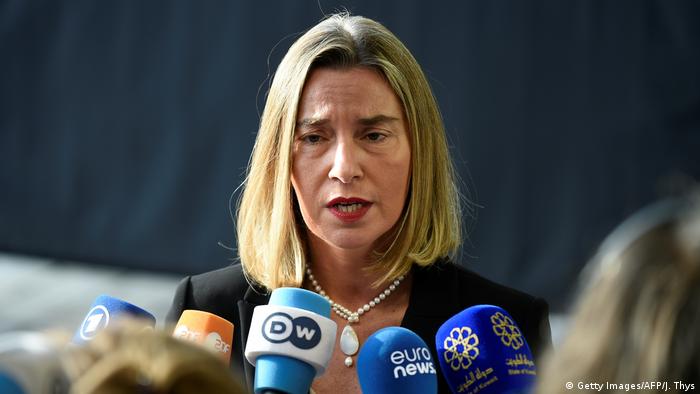
A ‘new era’ for European security
EU Foreign Affairs and Security Policy Chief Federica Mogherini welcomed the establishment of PESCO as the dawn of a “new era.” Mogherini further described the initiative as “an inclusive framework to facilitate the joint investments and projects that we so much need to strengthen the ability of the European Union to be a credible security provider for its citizens and globally.”
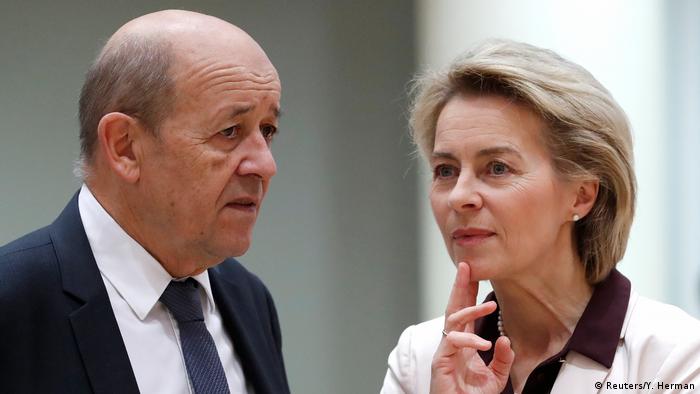
Franco-German foundations
French Foreign Affairs Minister Jean-Yves Le Drian and German Defense Minister Ursula von der Leyen are among the chief supporters of the PESCO defense union. Von der Leyen stressed that with the United States taking a critical stance on NATO, launching Europe’s very own defense initiative was “important – especially after the election of the US President,” referring to Presiden Donald Trump.
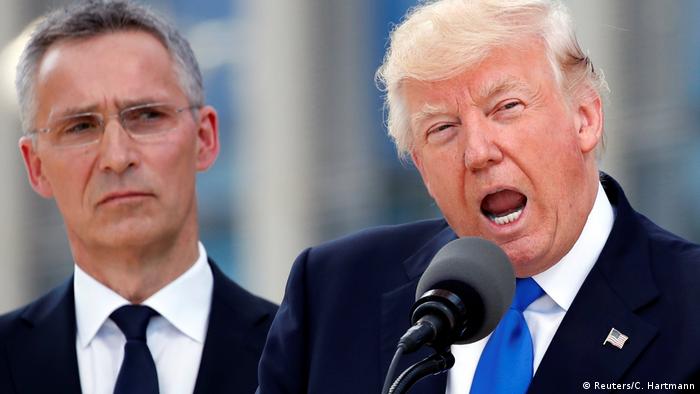
A new direction
NATO Secretary General Jens Stoltenberg (pictured left) welcomed the launch of PESCO in the face of those fears over US President Donald Trump’s commitment to the transatlantic defense alliance. Stoltenberg said that PESCO will “strengthen the European pillar within NATO” adding that it will be “good for NATO” as well.
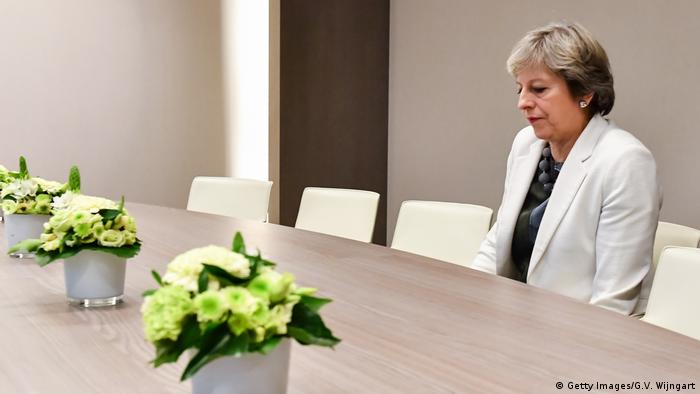
Left outside
The majority of EU states signed up to PESCO. Malta still mulling over it, Denmark has opted out for the time being, and the UK is expected to reject the proposal, as it is set to leave the EU by 2019. Prime Minister Theresa May is free to join PESCO at a later date however – even after Brexit – if the terms of that cooperation would benefit the entire EU.
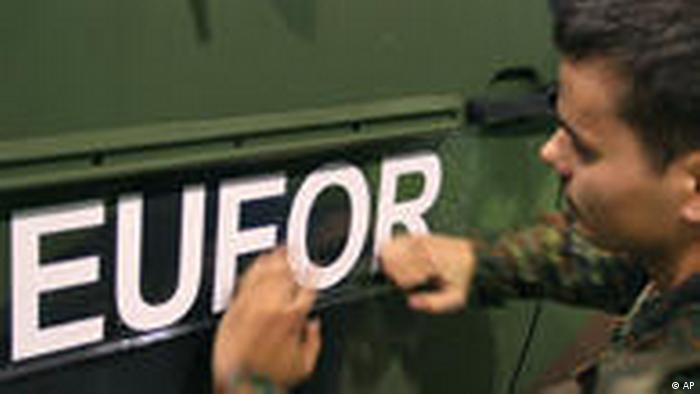
EU soldiers?
It is unclear to what extent there will be concrete military cooperation between EU states, as is the case with the EUFOR peacekeeping mission in Bosnia and Herzegovina. The signing of PESCO initially provides only the framework for expanded collaboration and more efficient spending of military funds.
Source: https://www.dw.com/en/germany-cautious-as-france-leads-european-defense-initiative/a-46201409
[Disclaimer]
